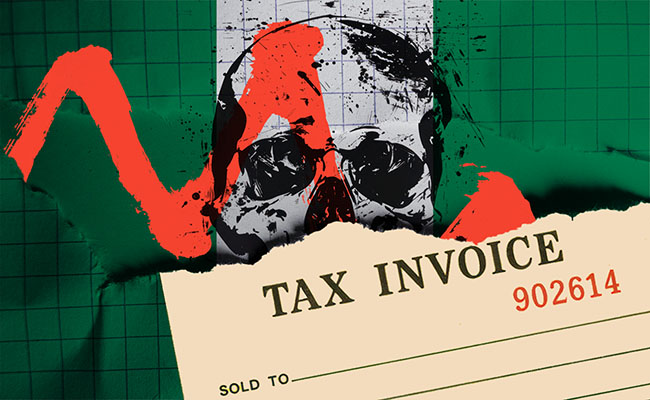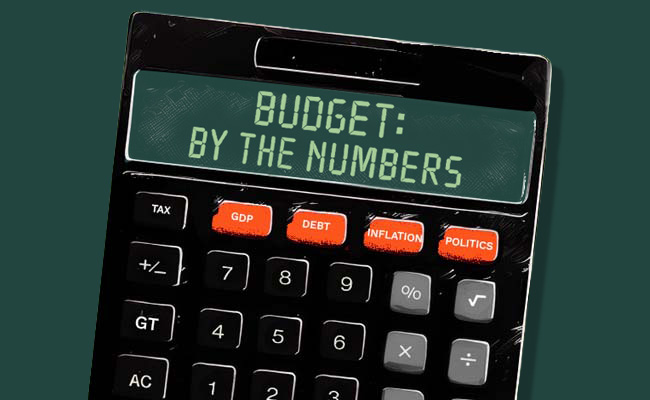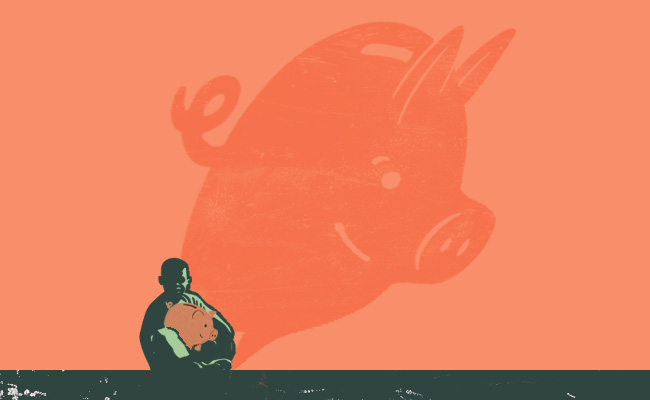Just as in South Africa, you know you are doing something right and good for the nation when your work to reform a system means you have to go into hiding and seek police protection.
Such is the experience of Taiwo Oyedele, chair of Nigeria’s Presidential Fiscal Policy and Tax Reforms Committee, who was forced to leave home and change his contact details after promising to stop Nigeria’s government agencies that go about collecting taxes and levies – largely illegally.
Oyedele complained to Nigeria’s Premium Times of the impact that these death threats have had on his family life, and said that these were not low-level tax collectors but highly connected individuals who had turned government-backed levies into “private revenue streams”.
That Nigeria is badly in need of tax reforms has been evident for decades. Though the country’s tax authorities vie with Russia for ingenuity in extorting corporates at national and state level, Nigeria’s revenue take is historically among the lowest in the world – representing, according to Organisation for Economic Co-operation and Development (OECD) analysis, a paltry 7.6% of GDP. This is chronically low when compared to 35 other African countries, whose average tax-to-GDP rate is 16%.
To put this further into context, Nigeria’s budgets traditionally represent expenditure around the $30bn mark for a population of an estimated 202-million people. Revenue – from an economy whose nominal GDP was rebased in July at $243bn – traditionally hovers about $25bn, leaving an ever-yawning deficit.
The consequence of the low tax take is that despite the nominal size of its economy, Nigeria ranks 157th out of 189 countries on the UNDP human development index.
To put that into a regional context, Nigeria’s revenue and expenditure is equal to Kenya’s for a population of about 56-million people. Kenya’s tax-to-GDP rate is highest among the 36 African countries in the OECD analysis. Kenya has much to show for this: it has a highly educated population; infrastructure spend means new ports, new arterial roads linking Kenya and its regional trade partners, new internal rail links and 90% of Kenya’s energy is now from renewables – all making it Sub-Sahara Africa’s third largest economy after Nigeria and South Africa.
Reforming the system
Nigeria’s President Bola Tinubu signed into law in June four tax reform bills. These represent a complete overhaul and modernisation of the tax system, including its underlying architecture, as part of a slew of reforms and Tinubu’s promise to turn Nigeria into a trillion-dollar economy by 2030.
The four tax acts, which come fully into force on January 1 2026, will modernise and simplify a system that has become notorious for overlapping taxes, multiple levies and the 60-odd agencies scrambling to levy taxes, including many illegal taxes. The legislation establishes an oversight body, the Joint Revenue Board, with an appeals tribunal and tax ombudsman to settle disputes; a law simplifying tax administration to improve taxpayer compliance; a new single Nigeria Revenue Service to assess, collect and account for tax revenues; and the Nigeria Tax Act, which consolidates tax laws into a single framework, ending overlapping, conflicting or ambiguous laws, and bringing uniformity and transparency into tax legislation.
There’s something for everyone in the root and branch reforms. In terms of modernising, it makes provision to digitise tax collection but also takes steps to bring the digital economy into the tax system, including making provision to tax cryptocurrencies and non-fungible tokens, or NFTs.
The reforms update and modernise company definitions – what is a Nigerian company – and make provision, for the first time, for cross-border taxation, notably of digital transactions. High-net-worth individuals are likely to face a hit – also for the first time – as the reforms redefine tax residency, close loopholes, and enforce global income tax – extending regulatory reach to include offshore trusts, estates and cross-border asset transfers.
PwC Nigeria’s analysis of the reforms highlights how for decades Nigeria’s tax system has been an impediment to investment and has added to the cost of business and to business uncertainty in sectors such as agriculture, manufacturing, airlines and consumer goods, as businesses struggle to manage duplicate taxation, an inability to get tax refunds or reclaim input costs. The streamlining of tax measures and clearer compliance measures are expected to reduce the hidden costs of doing business while actual corporate tax rates will drop from 30% to 27.5% in 2025 and 25% thereafter. Micro-enterprises no longer have to pay any income tax.
The proof of these reforms’ success will be in their implementation – especially considering the violent resistance Oyedele highlighted. But Tinubu has form – as Lagos State governor (1999-2007) he successfully reformed Lagos State’s tax collection to make significant investments in infrastructure – all the while building a substantial political war-chest for himself.
Since assuming the presidency, he has earned his spurs: he promised dramatic reforms “from day one” and has delivered them. The most significant has been the scrapping of Nigeria’s notoriously corrupt and expensive fuel subsidy system. With the money saved, he has substantially paid down Nigeria’s external debt. Included in these latest tax reforms is a 5% fuel levy, which will see Nigeria move from a country that has had subsidised fuel since the 1970s to one that taxes fuel consumption.
Top image: Rawpixel/Currency collage.
Sign up to Currency’s weekly newsletters to receive your own bulletin of weekday news and weekend treats. Register here.













